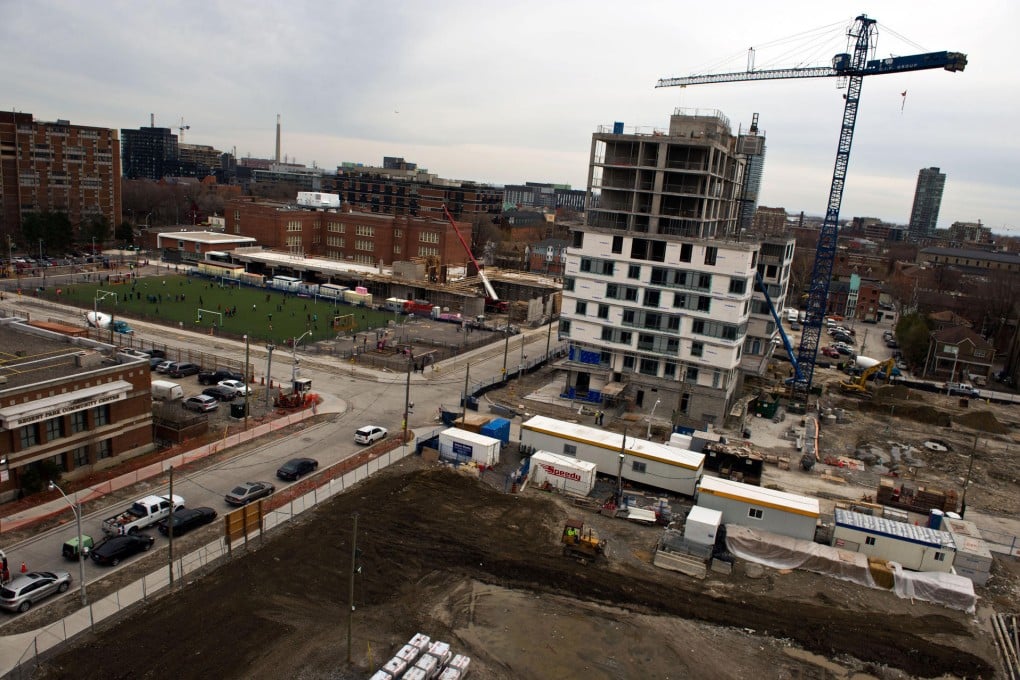Canada's housing starts rebound to surprise market
Bounce-back in new home construction activity stronger than expected amid rise in prices

New home construction in Canada picked up last month, shaking off the effects of the harsh winter, although economists still expect activity to cool gradually this year.

That surpassed analysts' expectations for a gain to 175,000.
March's housing starts were revised slightly lower from the 156,823 reported initially.
The volatile figure for multiple-dwelling urban starts soared 35.1 per cent to 117,612 units, while single-detached urban starts rose 6.5 per cent to 59,180.
"A bounce-back in new home construction activity in April had been expected following the sharp outsized drop in the previous month that likely reflected the negative, though transitory, impact of lingering severe winter weather," Laura Cooper, an economist at RBC, wrote in a note.
RBC forecasts starts will slow to an overall pace of 181,000 this year from last year's 188,000.